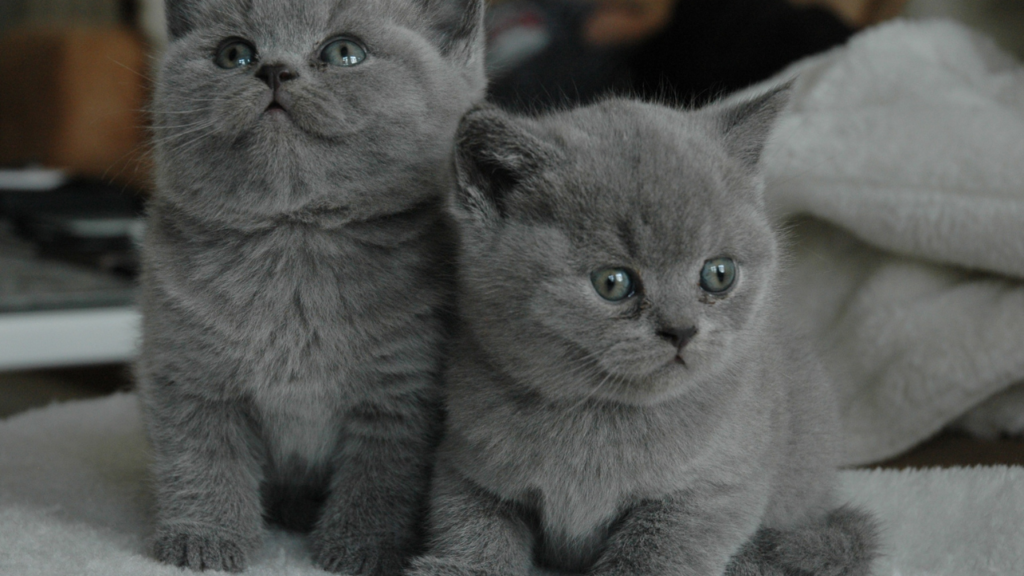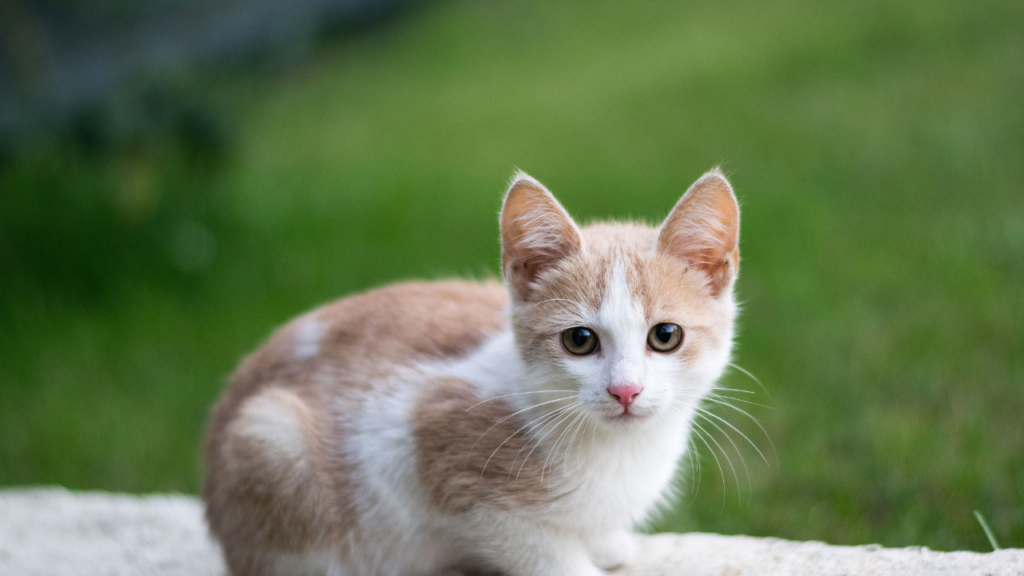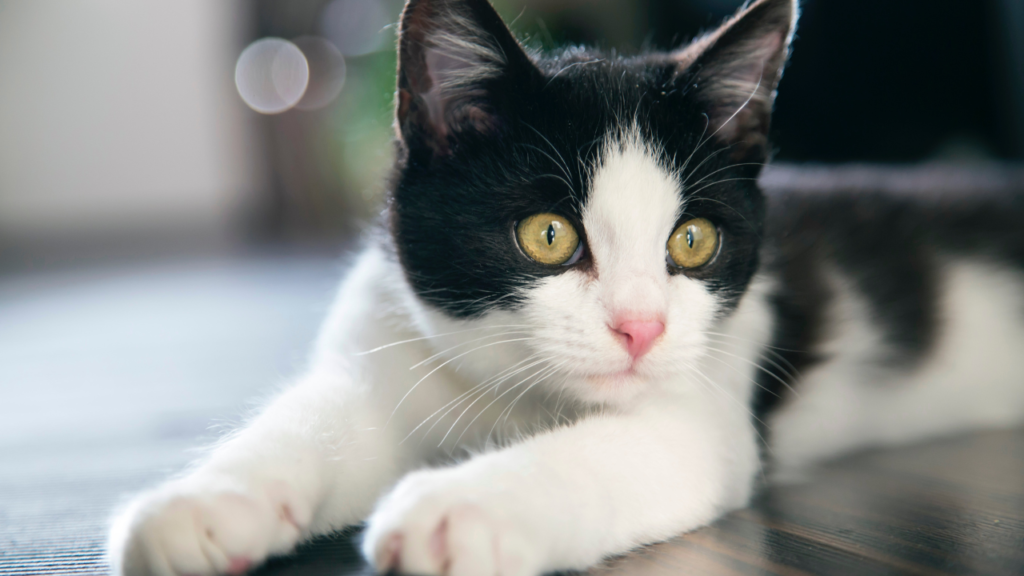
Cats make fantastic additions to our households, and they can soon become cherished members. However, like most pets, cats live shorter lives than humans. As awful as this is, it is natural to desire to spend as many years as possible with your cat. Fortunately, there are numerous ways you may boost your cat’s chances of living a long, healthy life.
However, it is equally crucial to be realistic about your cat’s longevity. How long does a cat live? First and foremost, keep in mind that cat life expectancies are only guidelines; instead, respect and enjoy every day you have with your furry friend.
How long can cats live as pets?
So how long do cats live? There is no concrete evidence on how long cats live as pets, however it is widely recognised that indoor cats live longer than outdoor cats. A 2015 research of 4,009 cat deaths discovered that outdoor cats typically live shorter lifetimes due to exposure to several threats such as traffic and animal assaults.
The study also showed a difference in average life span between crossbred and purebred cats. Crossbred cats had a 14-year life expectancy, whereas purebred cats had just 12.5 years.
What is the average life expectancy for a cat?
Indoor cats live an average lifespan of 10 to 15 years. Outdoor cats, on the other hand, have an average life span of only 2 to 5 years. The good news is that, because to veterinary innovations and increasing awareness of feline health, we can now give our cats with higher-quality food and veterinary care than ever before.
Can a cat live for 20 years?

In rare situations, cats can live for 20 years or more. In fact, there are numerous documented cases of cats living far into their twenties. Many factors can influence a cat’s life expectancy, including her health, the kind of care she receives, and her genetic makeup. Senior cats may require additional care as they age, such as veterinary check-ups and nutrients.
The oldest cat ever documented.
The good news is that with adequate care and love, domestic cats can live much longer than predicted. In fact, the oldest cat ever documented lived more than twice as long as the typical cat!
Creme Puff currently holds the Guinness World Record for the oldest cat ever. She lived to be 38 years and three days old! This native Texan was born on August 3, 1967, and died on August 6, 2005. Her owner also owned the previous world record holder for the oldest cat, implying that genetics or level of care may be directly related.
Currently, the oldest living cat is in her late twenties, although surpassing Creme Puff’s age is probably possible. Veterinary technology is growing by the day, and it’s just a matter of time before genes associated with feline ageing are discovered, just as they have for dogs.
How to increase your cat’s chances of living a long life.

While your cat’s genetics will influence their life expectancy, you can do a lot to boost the chances of you and your cat spending many happy years together. To begin, schedule routine veterinary treatment for your cat. Keeping consistent, regular vet appointments allows your vet to get to know your pet well. Routine checkups allow your veterinarian to identify potential abnormalities before they become major problems. Your veterinarian can also assist you in addressing issues such as weight management early on, allowing you to optimise your cat’s health.
Concentrate on building positive habits at home, too. Give your cat lots of playtime each day to keep them active and prevent obesity. Daily exercise is beneficial to your cat’s health, but you may need to urge them to stay active, especially if they only spend their time inside. Experiment with different toys to discover what piques your cat’s attention, and consider investing in a cat tree to allow your cat to climb, stretch, and scratch.
Choosing the right food for your cat might also help him or her live a longer life. Discuss your cat’s nutrition with your veterinarian. Your veterinarian can help you in selecting the food and feeding plan that is most suited to your cat’s age, breed, lifestyle, and overall health.
How long does a cat live?
Honestly, the answer varies. However, offering good, attentive care will help your cat live a long and healthy life. One of the most effective strategies to extend your cat’s life is to plan for potential vet expenses. For example, if your cat is diagnosed with a significant health condition, they may require medicine or other therapies. The same is true if your cat becomes critically ill or injured. These emergency vet fees can add quickly, so budget for them. Put money in a savings account or think about purchasing pet health insurance just in case. Ensuring that your cat receives the necessary vet care on time can help them stay healthy and live as long as possible.
